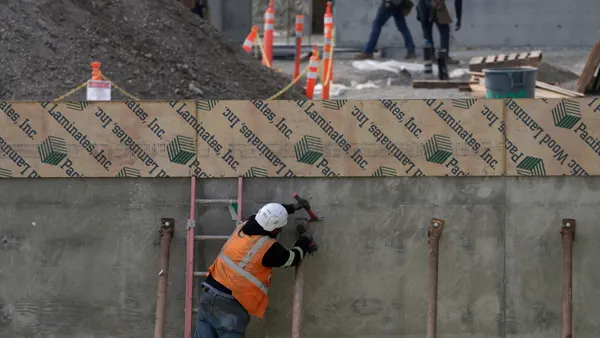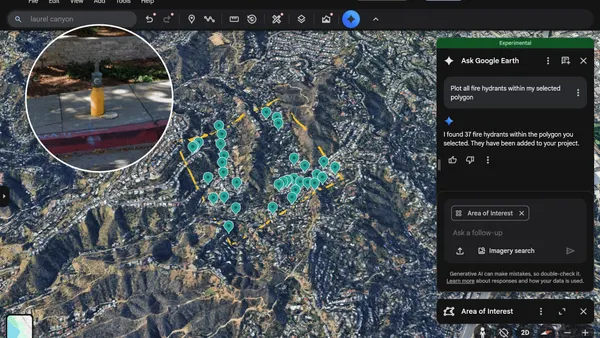Dive Brief:
- The San Francisco Board of Supervisors' Land Use and Transportation Committee on Monday voted in favor of increasing the city's Jobs Housing Linkage fee, which would raise millions to build affordable housing but would see development fees for office construction more than double. The full Board of Supervisors is scheduled to vote on the measure on Oct. 29.
- The city's planning code already charges development fees for office ($28.57 per square foot) and research and development ($19.04 per square foot) projects of 25,000 square feet or greater, but the revised legislation will raise those amounts to $69.60 and $46.43, respectively. The revised rule would also allow developers to pay a fee or donate a piece of land to the city as an alternative and require an additional fee for certain projects before the issuance of a certificate of occupancy. San Francisco is already the world's most expensive place to build.
- Of the money generated by development linkage fees, 10% would go toward preservation and acquisition of rent-restricted affordable housing and 30% would go toward permanent supportive housing.
Dive Insight:
The theory behind the linkage fees is that they will help meet the demand for new affordable housing generated by new nonresidential projects, but, for two of the largest employer organizations in the U.S., it's not that simple.
"ABC NorCal supports the construction of affordable housing and keeping all construction project bids fair and open," said Sergio Cortez, workforce development manager of the Associated Builders and Contractors' Northern California chapter. "However, we discourage any barriers that would impede on the progress of construction."
The group has another idea, though: It would like to work with the city of San Francisco to train the homeless and other disadvantaged people to build affordable housing.
"The construction industry is at a shortage in workers right now, and we would love the opportunity for more individuals to go through our training and apprenticeship programs, to enter the workforce and start a new career," Cortez told Construction Dive.
The Associated General Contractors of America also chimed in on the issue in a statement to Construction Dive.
"While we understand the need to address affordable housing concerns in San Francisco, this proposal is counterproductive, putting a heavy financial burden on non-residential development," it reads. "The city is risking continuing and future commercial development, and we have strong reservations that this will negatively impact the city’s growth development plans.
"These proposed changes could result in future construction coming to a halt, eliminating good-paying jobs to local workers.”
An economic impact report prepared by the city's and county's Office of the Controller said that while it is true the fee increase could raise "substantial new revenues for affordable housing, it could also hamper future job growth by making the cost of development higher, rendering some projects financially infeasible."
Office construction, the report said, could experience an annual decline of $61 million to $87 million. Even with the dip in construction, however, the city would still be able to raise an estimated additional $8 million to $9 million.
Overall, the controller's report predicted a net loss of up to 1,500 jobs in the city, 25% of those related to construction.










